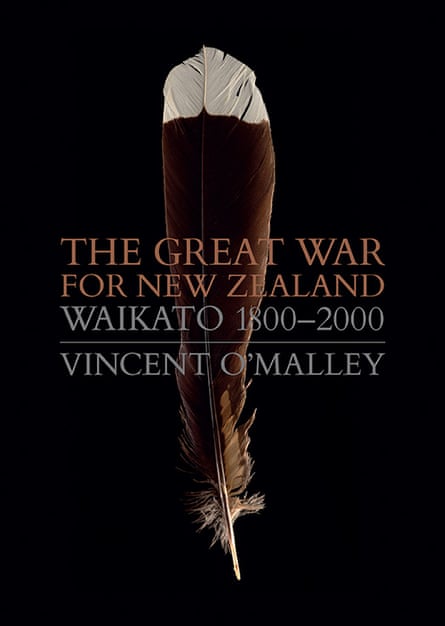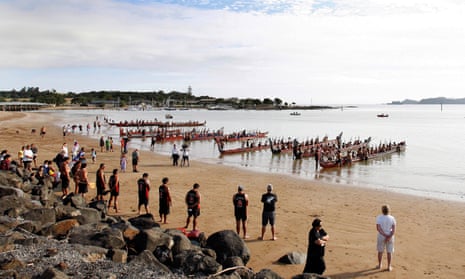Early in 2014 a group of school students from a small town in rural New Zealand took a trip to some nearby historical sites. Guided by local Māori elders, the students from Otorohanga College encountered a history that was all but unknown to them. As Leah Bell later recalled, “It’s shocking to hear that there were massacres half an hour from where you live, not that long along.”
Ōrākau and Rangiaowhia, where the school party visited, saw two of the bloodiest confrontations of the Waikato war – a conflict between British imperial troops and the local Tainui tribes that had been fought exactly 150 years earlier (1863-64). It was the largest and most significant in a wider series of clashes that took place in New Zealand between 1845 and 1872 as Māori communities resisted colonial conquest and expansion.
For a time in the 1860s there were more British troops in New Zealand than almost anywhere else in the empire outside India. And the Waikato war was the defining conflict in New Zealand history – a battle between two competing visions of the nation’s future. British victory paved the way for settler and European hegemony, casting aside Māori aspirations for partnership and shared prosperity for at least the next century. Instead, sweeping and indiscriminate land confiscations pushed Māori tribes to the margins of colonial society, condemning generations to lives of poverty.
That history was barely acknowledged beyond the descendants of those on the receiving end of British bullets. Few students learn about it in school. Many of the sites where these conflicts took place are neglected (many are not even signposted). There were no official commemorations, no museums and few memorials.
For many Pākehā (non-Māori) New Zealanders the wars were part of a troubled past they preferred to forget. Anzac Day, by contrast, provides a ready opportunity to rally around the flag, patriotically remembering those who died at Gallipoli or on the Western Front. And this has been reflected in government priorities. According to one estimate, central funding for centennial first world war activities is at least 100 times greater than was made available for the Waikato war sesquicentenary.
Thanks in part to that school trip, things are beginning to change. Bell and former school mate Waimarama Anderson soon after launched a petition calling for a national day of commemoration for all those who fell in the New Zealand wars (estimated very imprecisely at 3,000 people, mostly Māori but also including British and colonial troops) and for the history of these conflicts to be taught in all schools. The petition attracted over 12,000 signatures and was presented at Parliament in December 2015 before a large crowd of students, supporters and onlookers.

Critics argue that it is better to let sleeping dogs lie. That is a hard argument to sell to Māori, who point out that they have never forgotten. In August this year, during a ceremony to mark the return of the Rangiriri battle site to local Māori, the government announced that there would be a national day of memorial (though no public holiday).
Bureaucrats continue to drag their feet on the school curriculum. The Ministry of Education argued against making teaching the history of the New Zealand wars compulsory, insisting that this would undermine the autonomy of individual schools. The extraordinary spectacle of young New Zealanders pleading to be taught the history of the conflicts fought in their own country evidently left them unmoved.
What a nation chooses to remember and forget speaks to its priorities. Those who tell Māori to “stop living in the past” or to just “get over it” rarely apply the same logic to first world war commemorations. And yet without dialogue, there can be no reconciliation. The resolution of historical Māori land claims under the Treaty of Waitangi, though important, has seen minimal Pākehā awareness and engagement of the history behind the grievances.
The students of Otorohanga College have helped promote a conversation about national identity that is long overdue. Is New Zealand mature enough as a nation to own its history, embracing the difficult aspects of the past as a way of moving forward? For now, the signs are encouraging. It is time, as one editorial recently noted, to bring these wars out of the shadows.
Vincent O’Malley is the author of The Great War for New Zealand.
